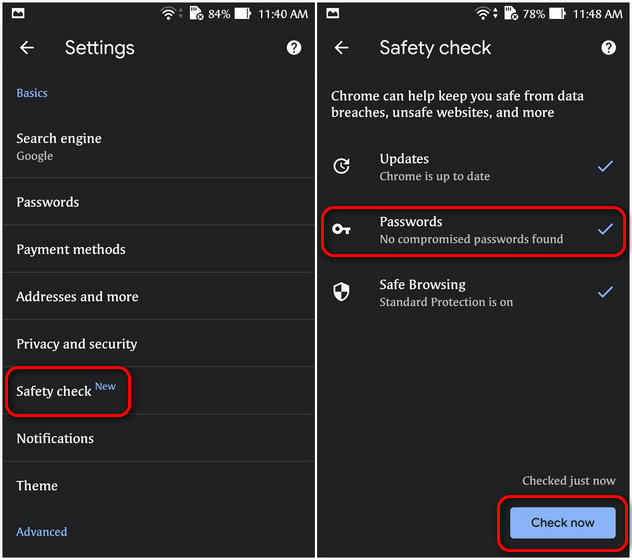

There is no "magic" here.In Chrome, if you have chosen to use it to store your passwords, it has full access to those passwords. To do a "full service", it should check your leaked passwords against your local password cache to see if you have used that password anywhere else as well and offer to change those.All the information (the compromised site, your email address and the password used) are in the public domain and available to anybody with enough knowledge to go and look up. It contains a list of all the public data breaches and the usernames (and partially the passwords) that have been ex-filtrated in the attacks on those sites.If you have an account with a p4wned site and/or your password for that site appears in the list, it will offer to change the password for you. They use the database from the website, run by security researcher Troy Hunt. (And I assume it will come to other platforms as well.) The feature will become available on more sites and more countries in the coming months.
Google compromised passwords movie#
The new feature is based on Google Duplex, which uses Google Assistant to help users complete tasks on the web, like buying movie tickets, ordering food, and checking in to flights.Īutomated password changes are rolling out gradually in Chrome on Android, Google says, and it’s available in the U.S. This process apparently works only on “supported” websites, but it’s not clear what that means: But Google says that if a site isn’t supported yet, Chrome’s password manager can always help you create strong and unique passwords for any account. When you tap this button, Chrome will not only navigate to the site, but also go through the entire process of changing your password for you. “Going forward, Chrome will help you change your passwords with a single tap.”Īccording to Google, whenever Chrome finds a password that may have been compromised, the Google Assistant will display a “Change password” button.

“Starting today, whenever Chrome detects a breach, it can fix any compromised passwords quickly, and safely,” Google’s Patrick Nepper writes. Google Chrome is expanding on the web browser’s password safety features by automatically fixing compromised passwords for you.


 0 kommentar(er)
0 kommentar(er)
